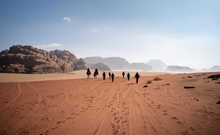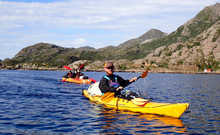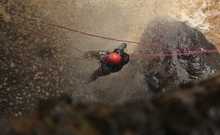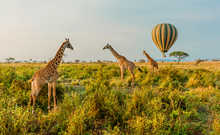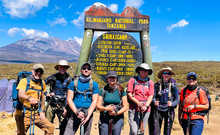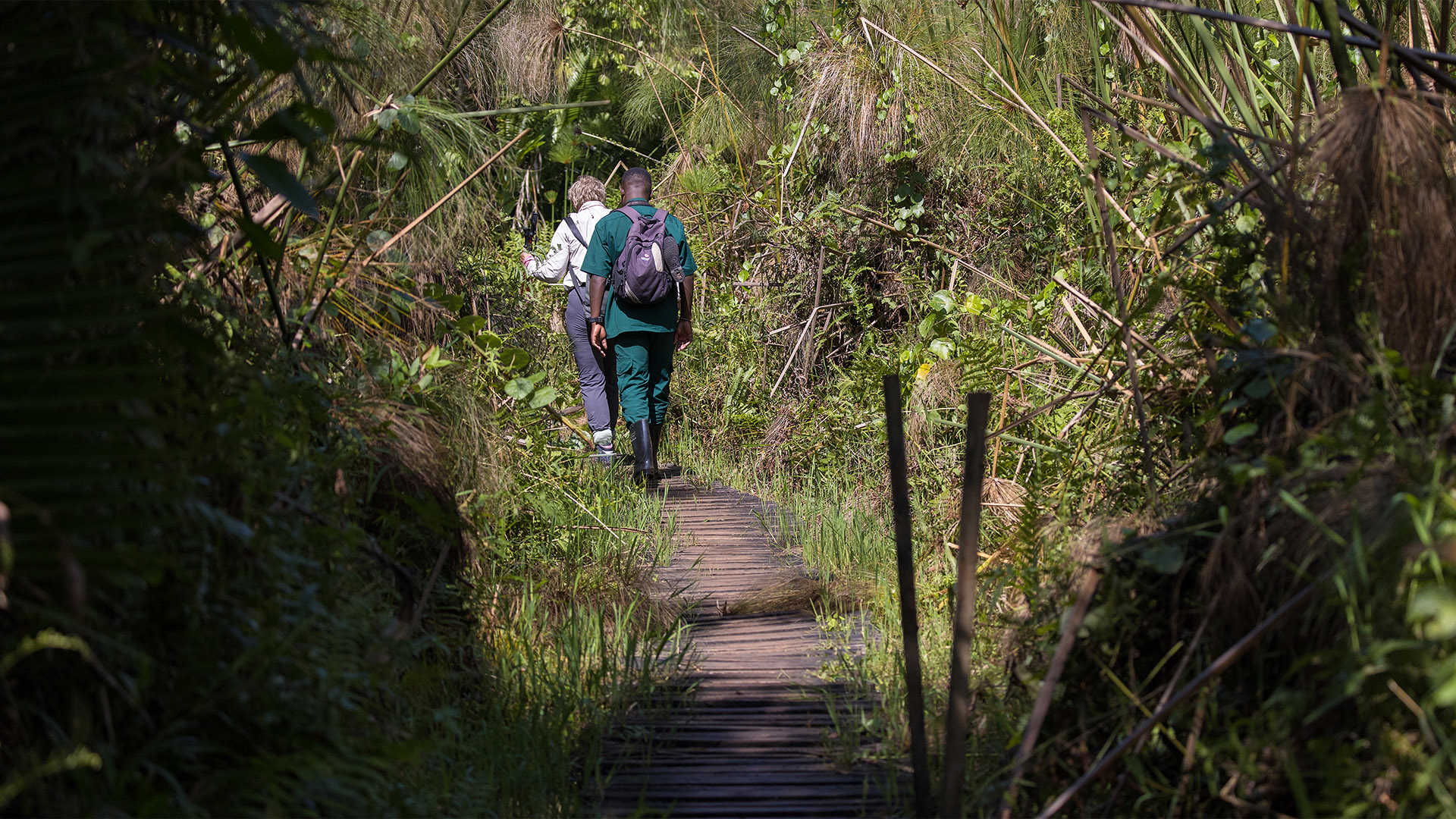Make your trip to Uganda safe and enjoyable
If you’re planning a trekking adventure in Uganda or considering booking one, you’re in for an unforgettable experience. Known as the Pearl of Africa, Uganda is blessed with breathtaking landscapes as well as extraordinary and diverse wildlife, which can include the unique opportunity to see mountain gorillas in their natural habitat.
But like travellers to many exotic destinations, you may ask yourself “Is Uganda safe to visit?” Researching travel advice for Uganda in the lead-up to booking or travelling to your destination is a wise move and we’re here to help. Let’s break down what you need to know to make your trip to Uganda safe and enjoyable.
Safety in Uganda: The Big Picture
Uganda is generally a safe and welcoming destination for visitors, with thousands of people touring annually to trek its lush national parks and experience its vibrant culture. Recognising tourism's economic value in recent years, Uganda’s government has made significant strides in improving security for visitors, particularly in key tourist areas such as Bwindi Impenetrable National Park and Mgahinga Gorilla National Park.
When visiting any travel destination, there are always potential risks to your safety and security, and these should be identified and considered before travelling. It’s important to remember though that these risks can be minimised with proper planning, prudence and awareness.
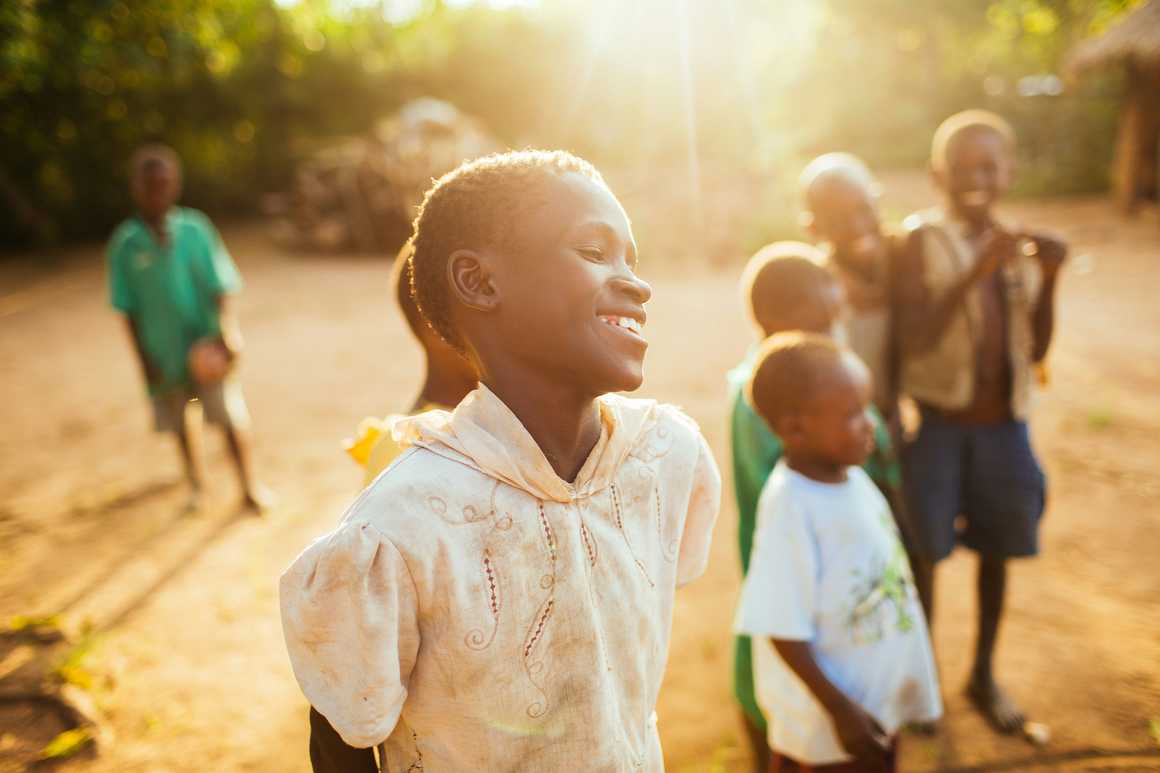
Political Stability in Uganda
Many travellers have concerns about conflict and terrorism when travelling to unfamiliar or destinations that are culturally different from home. However, Uganda has enjoyed relative political stability in recent years and there hasn’t been a war there since 1986. Terrorism is also low risk - you are more likely to be injured as a result of a terrorist attack in New York or London than in Uganda.
Uganda's tourism sector is well-developed. Popular trekking areas are well-policed and prioritised by the government due to their importance for international tourism. Recent efforts to improve safety for visitors to Uganda include enhanced security measures in previously unstable regions like Karamoja, which is now peaceful and open for tourism.
Our advice to travellers is always to stay updated on current events at your destination, and this is no different for visiting Uganda. It may sound obvious, but always avoid any large political gatherings or protests, as these can be unpredictable.
Wildlife in Uganda: Staying Safe in the Wild
One of the main reasons travellers visit Uganda is to experience the incredible wildlife, including mountain gorillas, chimpanzees, and elephants. We’re passionate about biodiversity in Uganda and know that your trekking adventure is the type of once-in-a-lifetime trip that, while thrilling, also requires preparation.
- Observe Guidelines - During any wildlife trek, always follow your guide’s instructions. They are experts in the local terrain and animal behaviour and are trained to ensure your safety.
- Maintain Distance - Gorillas are gentle giants but can be unpredictable. Staying at least 7 meters away minimises risks and protects the animals from human-borne diseases.
- Respect Wildlife - Never feed or attempt to touch animals. Remember, you are in their home.
- Respect the Land - Respect Uganda’s stunning landscapes by avoiding littering, not disturbing wildlife or plants, and following local guidelines to protect fragile ecosystems.
By adhering to conservation regulations and paying attention to your trip guides, you protect your safety, the safety of fellow travellers, and future visitors to Uganda.
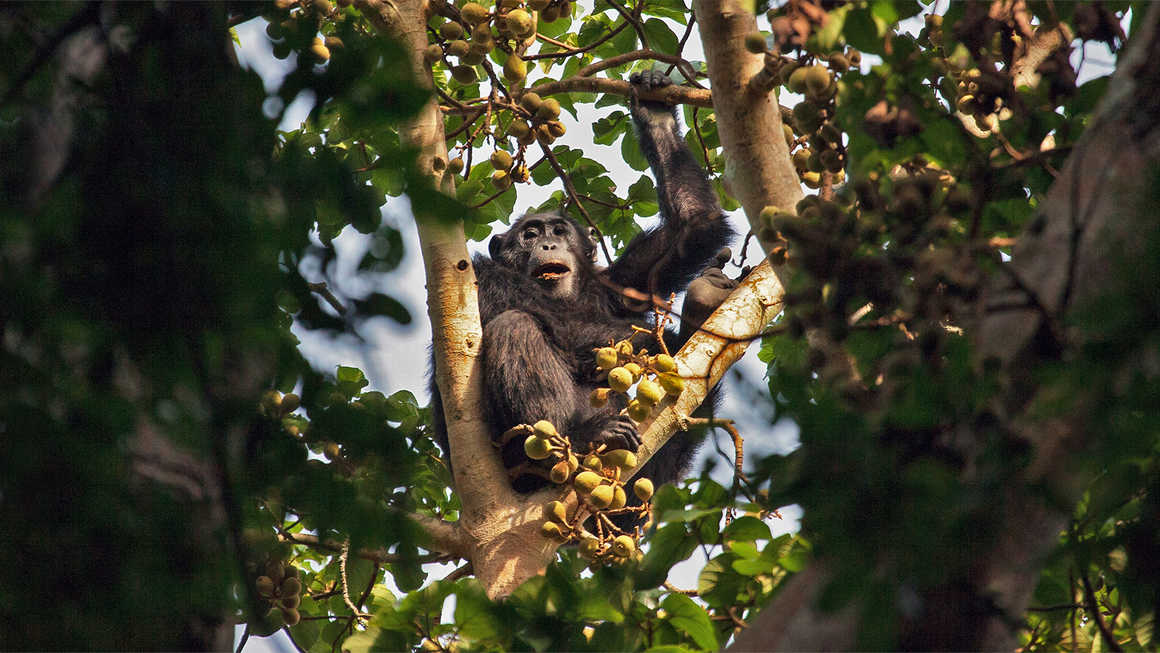
Health and Hygiene in Uganda
Protecting your health when travelling should be a priority, especially when visiting a country with health risks that differ from the one you live in. Before travelling to Uganda, consult your GP or a specialist travel health practitioner to find out what precautions you might need to take, including Uganda vaccination requirements and advice.
There are lots of ways you can take care of your health yourself as well.
Protecting your health when travelling should be a priority, especially when visiting a country with health risks that differ from the one you live in. Before travelling to Uganda, consult your GP or a specialist travel health practitioner to find out what precautions you might need to take, including Uganda vaccination requirements and advice.
There are lots of ways you can take care of your health yourself as well.
- Because Uganda is in a malaria-prone zone, taking antimalarial medication and using insect repellent minimises this risk.
- Stick to bottled or boiled water to avoid waterborne illnesses.
- Proof of vaccination is compulsory for certain diseases so check these with your health practitioner to ensure you’re covered.
- Wash your hands thoroughly and regularly using clean water and soap. Carry an alcohol-based hand sanitiser with you for when washing your hands isn’t possible.
- Food and drink precautions: Ensure cooked food is piping hot and only purchase from reputable vendors; avoid salads or fresh herbs in areas where drinking water may be unsafe; choose fruit juice from sealed cartons; don’t take ice in your drinks; avoid raw seafood and meat that is still red or pink or has any pink juices.
- Sun safety: pack a high SPF sunscreen, regardless of your skin tone. We recommend a minimum of SPF 30 and ensure you take it with you on any day out. Pick a sunscreen that provides both UVA and UVB protection, is water-resistant and long-lasting. A hat with a peak or wide brim is also a great idea.
For women who are pregnant, or are planning pregnancy, it is worth finding out information about Zika Virus before travelling. Your family practitioner or a travel health specialist will be able to advise you about this.
If you experience any unusual health upon your return home, make sure you get it checked with a health professional.
Trekking and Roads in Uganda
While Uganda’s main cities like Kampala and Entebbe are well-connected, rural roads can be challenging, especially during the two rainy seasons, which fall between September to November and March to May.
To mitigate the risks associated with road travel, you will be better off travelling outside of the rainy seasons and with experienced travel guides, using licensed operators and avoiding public transport, which can be unreliable. Do this by booking your treks and transfers through reputable tour companies. They’ll ensure you have reliable vehicles and knowledgeable drivers.
In addition to preparing for safe road travel, be aware that trekking can be physically demanding, so proper footwear, hydration, and fitness preparation are essential. Bwindi Impenetrable National Park and Mgahinga Gorilla National Park, the primary gorilla trekking destinations, are well-monitored with trained rangers and security personnel. Be assured that incidents in these areas are rare, making them safe for travellers but as we advised above, always book your trek through a licensed operator for the best experience.
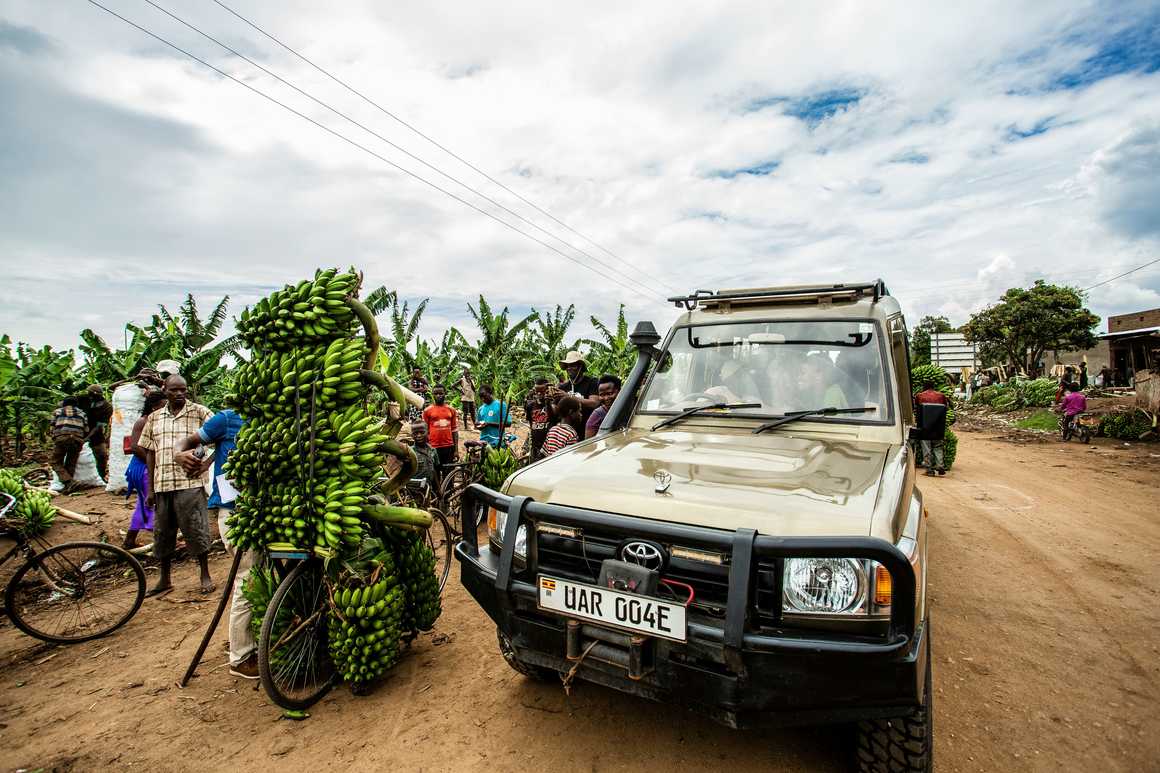
Personal Safety in Uganda
Like in many destinations attracting high volumes of tourists, petty theft can occur in Uganda, particularly in crowded areas like markets or transport hubs. To protect yourself, keep your valuables secure by using money belts and lockable bags. You could also refrain from wearing expensive jewellery or overtly using high-value electronics and when withdrawing money, find an ATM inside a bank and count your cash discreetly.
It’s also important to note cultural norms and laws in Uganda. Whilst Christianity is the predominant religion in Uganda, there is a significant Muslim population and modest clothing is appreciated. Visitors should exercise caution and respect local customs regarding public displays of affection, as these are generally viewed as inappropriate in Uganda, especially in rural areas. Notably, for same-sex couples, displaying affection publicly poses additional risks, as homosexuality is criminalised and carries severe legal consequences.
Extra Safety Tips For Your Trip to Uganda
One of Uganda’s greatest assets is its people. Known for their warmth and hospitality, locals are often eager to share their culture and assist visitors. A smile and a few words of the local language, such as “Hello” (Kale) or “Thank you” (Webale), can go a long way in building connections. So buy a dictionary or take some notes from an online translation service and give it a try!
Take extra care when selecting your travel insurance - ensure your policy covers trekking, wildlife encounters, and medical evacuation if necessary. It’s also wise to check governmental travel advisories before and during your trip. Links below.
Always stay aware of your surroundings when travelling somewhere new. While Uganda is safe, being vigilant costs nothing and this helps both you and your fellow travellers.
Kandoo - Uganda Adventure Specialists
We love Uganda with its unparalleled trekking experiences and the opportunities it holds to connect with nature profoundly. While there are risks, as in any travel, these are easily managed with preparation and common sense. By taking the right precautions, you can look forward to a safe and awe-inspiring trip.
So, pack your gear, stoke your sense of adventure, and get ready to explore one of the most beautiful and welcoming corners of the world. If you have questions about trekking in Uganda, our friendly team of experts are on hand - just get in touch.
